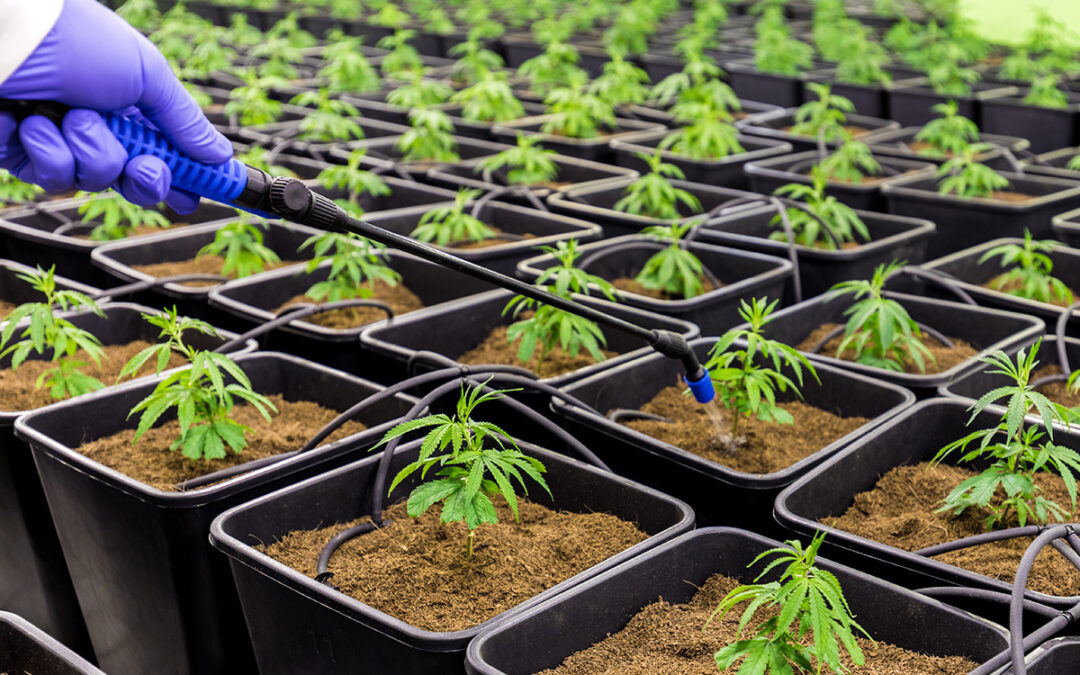Despite being one of the youngest sectors in America, cannabis is one of the country’s fastest-growing spaces. Cannabis and hemp products have become extremely popular, with the sector being one of the few spaces emerging from the coronavirus pandemic relatively unscathed and actually seeing increasing sales. However, one issue that has plagued America’s state-legal cannabis industry has been cannabinoid testing. The 2018 Farm Bill, which legalized the cultivation and sale of industrial hemp and its cannabinoids, placed a 0.3% THC limit for legal hemp. But most laboratories that test for THC, CBD, and other cannabinoids often come back with different results. Consequently, a federal science agency has launched a program to push for standardized testing and analysis of the more than 100 cannabinoids in hemp and cannabis. In that vein, the National Institute of Standards and Technology (“NIST”), which is part of the U.S. Department of Commerce, has recently published a THC and CBD testing variability report. The agency’s Cannabis Quality Assurance Program (CannaQAP) is meant to help laboratories measure key chemical compounds in hemp and cannabis products. According to NIST, the fact that cannabis was prohibited until recently means most labs are venturing into untested waters, which often leads to unreliable results.To help create a standardized system of cannabis and hemp testing, NIST sent two hemp oil samples with known concentrations of CBD, THC, and 15 other cannabinoids to 116 testing laboratories across the country. The laboratories were required to test the samples and send the results to NIST along with an explanation of the testing methods used.
CannabisNewsWire, 08/12/2021 04:20:50

